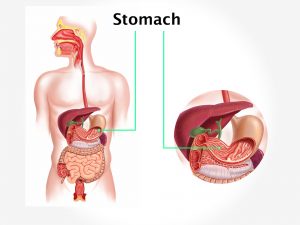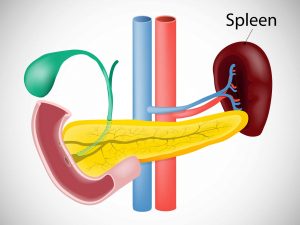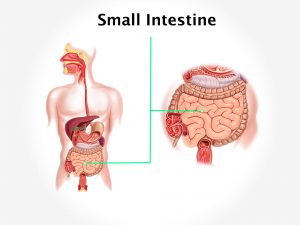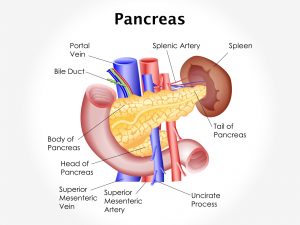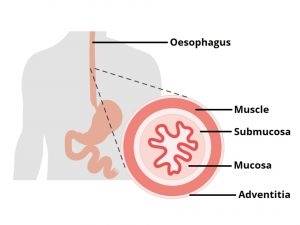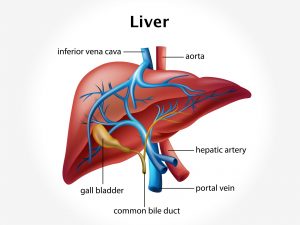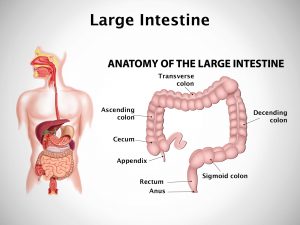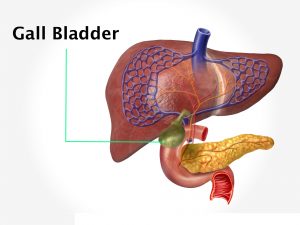Causes and risk factors
Factors that can cause Mallory-weiss tear leading to Mallory-weiss syndrome are retching, vomiting, hiccupping, straining, coughing, intense snoring. Blunt abdominal trauma, receiving cardiopulmonary resuscitation (CPR) can also cause the disease. Disorders like alcoholism, hiatus hernia, gastritis are some of the causes that lead to this condition.
Clinical presentation
Patient presents with discomfort and pain in the throat. There is retching and need to vomit. There is difficulty in swallowing. Abdominal pain can occur. Vomiting up blood (hematemesis) is seen. There is blood in stool (melena).
Investigations
Medical history by the patient and clinical examination by the doctor helps in diagnosis. CBC is recommended. Upper GI endoscopy, endocscopy is done.
Treatment
Mild cases do not require any treatment as the bleeding stops on its own. Cases where the bleeding continues needs medical attention. Treatment includes medicines to control bleeding, anti-emetic medicines, antacids. Endoscopic therapies such as injecting anti-coagulants or vasoconstrictors to stop the bleeding may be required. Coagulation therapy to seal the bleeding blood vessel will also help in managing the condition. Angiography with embolization to stop the bleeding will be helpful. Further treatment consisting of surgical procedure called as gastrostomy is done to ligate the blood vessel and stop the bleeding when all other measures fail.
Complications
Complications such as myocardial ischemia or infraction, hypovolemic shock, perforation during endoscopic therapy, organ ischemia, or infarction due to angiotherapy may occur.
When to Contact a Doctor
One must consult a doctor if there is hematemesis or malena.
Prevention
Avoiding excessive alcohol consumption, avoiding the causes for severe retching or vomiting. Effectively treating chronic cough prevents the disease.
Systems involved
GIT, circulatory system
Organs involved
Esophagus, stomach











